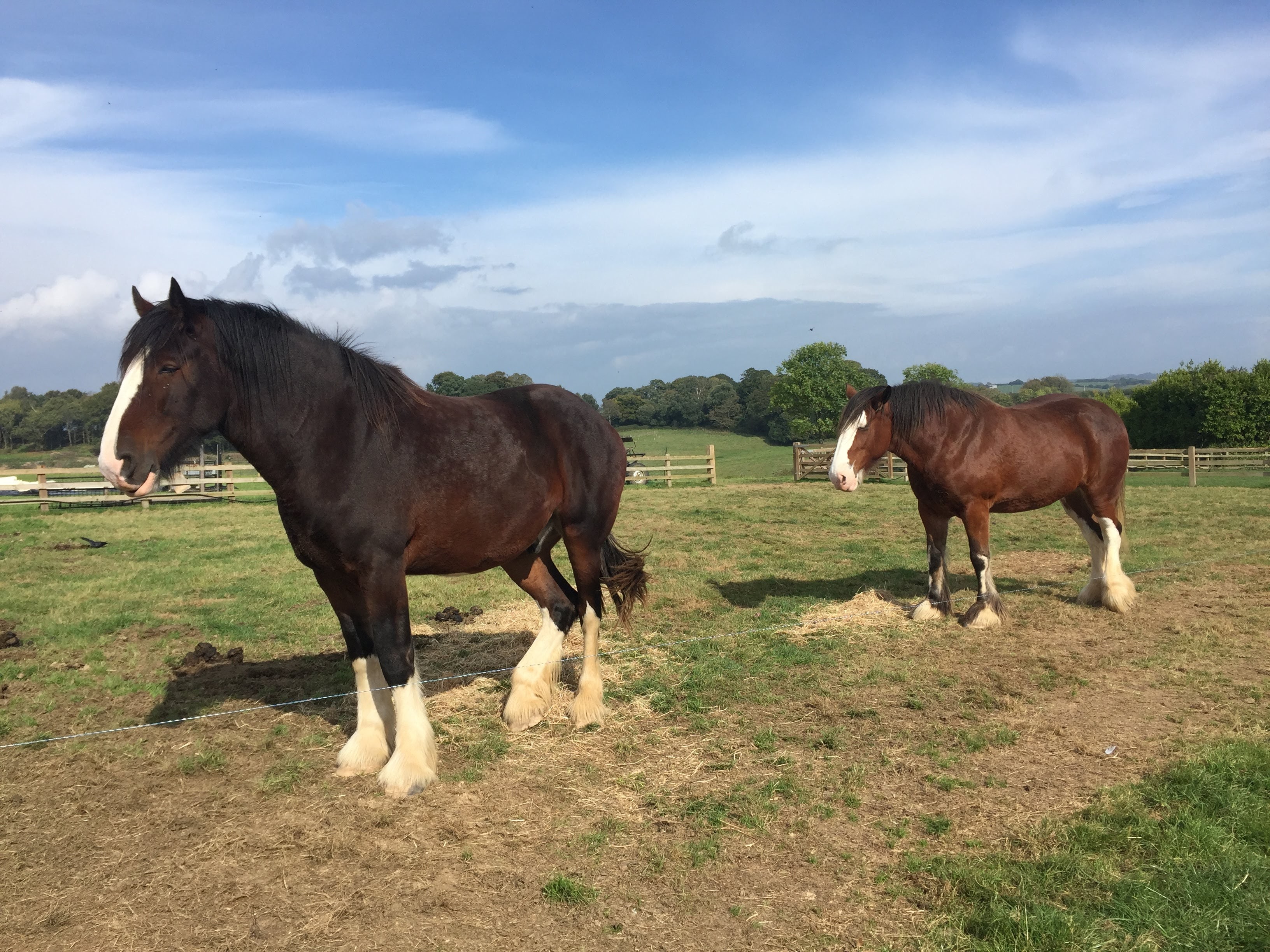


Photographs taken in the Lost Gardens of Heligan farm in October 2018
Walking, reading, thinking and writing just about sums up my idea of a good holiday. Mercifully Madame feels much the same and so on our trips away anyone keeping a close eye on us might conclude that we’ve nothing to say to each other; but they don’t see the subsequent conversations in which we read aloud extracts from the books we’re reading and share ideas. It’s just that when we’re out and about we don’t always need to talk because that’s when my eyes are on the hedgerows looking for plants and hers are focused in the trees looking for birds, butterflies and all the rest.
Anyway, this week amongst all the other things we’ve done I’ve been reading Simon Fairlie’s autobiographical book “Going to Seed”. I may as well get the unsolicited plug out of the way by recommending it wholeheartedly for many reasons – not least if you’re around the same age as me it will evoke warm memories of what turned out to be a brief and largely unsuccessful rebellion against the status quo, but also if you’re the same age as our children and grandchildren it will fill in the embarrassing details of how we lived our lives to the full in the 70’s and 80’s. Far from impoverishing their inheritance we (some of us) were actually trying to create a sustainable and more fulfilled future for them, but we were no match for the suits who were better practiced at creating the narratives of pure hokum which were the real cause of the current crisis. Those times were good and bad in equal measure, but we set up cooperatives, lived in a couple of communes and earned peanuts from insecure part time jobs. The book is a thoroughly good read and Fairlie never lets his self critical gifts slip. We got things wrong and underestimated the sheer inertia of the status quo. On the other hand, if ever there was a time to revisit some of those visionary ideas it’s now in the face of the global systemic failure of economics, species extinctions and environmental catastrophe.
Simon Fairlie has also written “Meat, a Benign Extravagance” – a carefully argued case for small scale sustainable mixed farming that takes on some of the shriller and sillier notions of fundamentalist veganism as well as demolishing the arguments of the agrochemical giants. It’s a joy to see the supporting evidence for all of his arguments – “go check for yourself” he invites us, rather than following the probably apocryphal story of the preacher whose sermon was annotated with the words “argument weak here – shout loudly!”
There’s a third book “Low Impact Development” that I haven’t managed to read yet but is available secondhand. But there’s another reason why I find an instinctive kindred spirit in him. Starting from opposite ends of the social spectrum we were both difficult, argumentative and occasionally reckless teenagers; both ultimately thrown out of school and both on a journey – me towards a proper education and he in pursuit of the practical skills of a social class from which he’d been excluded by birth and culture. Neither of us – and I’ve never met him – were apparently prepared to swallow the predigested bird food that passed for an education – the question “why?” was so burned into our souls.
You may have gathered that I’m a binge reader and so a modest amount of research threw up two excellent magazines, the first of which – The Land Magazine – he is co-editor, and another – Resilience – to which he is a regular contributor. One article that caught my eye can be found on this link to Resilience which lists all of his contributions. If you search for the article “A convenient Unruth” you will find a forensic takedown of the current debate about the methane emissions of ruminants. He makes a convincing argument that the widespread obsession with cattle emissions is based on bad reporting which is not the fault of the scientists who came up with an initial estimate of the global warming effects of methane which has been falsely used to imply that methane emissions are, in simple terms, 32 times more dangerous than carbon dioxide. This false claim is possible only by ignoring the fact that methane degrades relatively quickly (a half-life of ten years) whereas carbon dioxide never degrades. I’m simplifying greatly here, but given that the size of the national UK herd has declined over the past 30 years whereas car ownership and Co2 emissions have grown enormously, the arguments pursued by George Monbiot – whilst they may have real ethical weight – are scientific nonsense. Fairlie is as firmly against intensive agrochemical farming as is Monbiot; but again the reason is the prodigious cost in Co2 emissions of fertilizers, agrochemicals, gigantic farm machinery and grotesque transport footprint. No amount of cherry picked evidence is forgivable if the net result is to send agriculture to oblivion and force feed the rest of us with junk food gloop produced by the multinational food corporations using huge quantities of green energy that would be better applied to new mass transport systems or ending the scandal of old people freezing in their homes.
So yes – hats off to Simon Fairlie, and if I ever buy a scythe it will be from him. Prophets are rarely appreciated in their own country.
